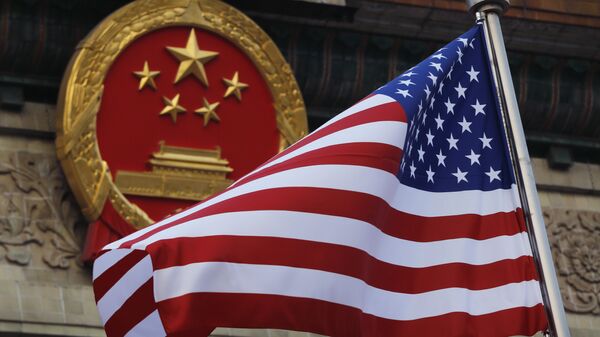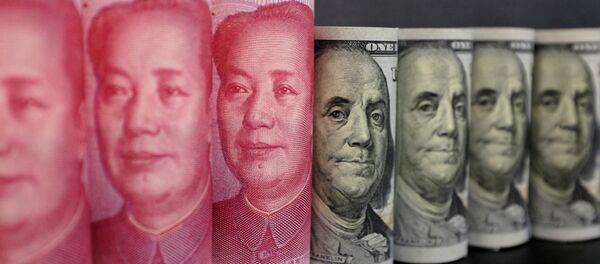Their cooperation and competition has brought massive benefits to the people of both countries and boosted the overall development of the two economies. A vast majority of the items on supermarket shelves in the US are made in China and it's a big boon for US residents to be able to buy quality consumer goods at affordable prices and share different kinds of resources that have the best price-quality ratio worldwide.
Likewise, Chinese people are flowing to US colleges and universities and being allowed to buy cutting-edge electronics products at lower prices simultaneously when they're launched.
It can be said that amid the latest trade dispute, China's leadership has watched the evolving situation in a professional manner and has stayed rational when it comes to reaching a consensus in negotiations with the US government while ensuring that national interests are maximized.
Chinese leaders have not been affected by some radical thoughts within the country questioning the reform and opening-up of recent decades.
Based upon a rational mindset, trade negotiations between China and the US have come to a win-win end, with the two sides releasing a joint statement over the weekend that calls a truce in their trade disputes.
The final result was within expectations, but it was by no means easily earned. The most important issue here is on which bases leaders of the two countries dealt with bilateral trade disputes. If they had gotten off on the wrong track, being influenced by radical populism and non-market ideology, they would have inevitably misjudged the trade war and the outcome would have surely benefited no one. Therefore, the professionalism, rational and market-oriented mindsets of members of the Chinese trade delegation and the sober-minded US delegation are worthy of praise.
That said, the Chinese government should take this as an opportunity to go further in deepening reform and opening-up, and continue market-oriented reforms of the economy. Despite substantial headway in broad-ranging reform efforts, actions so far have still failed to meet the needs of the economy.
For instance, in many sectors, there still needs to be improvement in the markets supposedly playing a decisive role in resource allocation. China's housing market exemplifies the problem with economic reforms. The property sector plays an increasingly big part in the economy, but the government has resorted to every conceivable administrative means to regulate the housing market. Yet it's impossible that the problems of China's housing market can be solved if administrative policies are still favored over market-oriented means.
As for intellectual property rights (IPR) protection, it must be pointed out that awareness of this issue is still weak in China and the country's legal and judicial systems are still flawed in this regard. Yet this will greatly impede the internationalization of China's economy.
The joint China-US statement highlighting strengthened IPR protection between the two countries is expected to provide an impetus to move China toward a genuine market-oriented economy.
This article was originally written by Yi Xianrong and published in Global Times.




